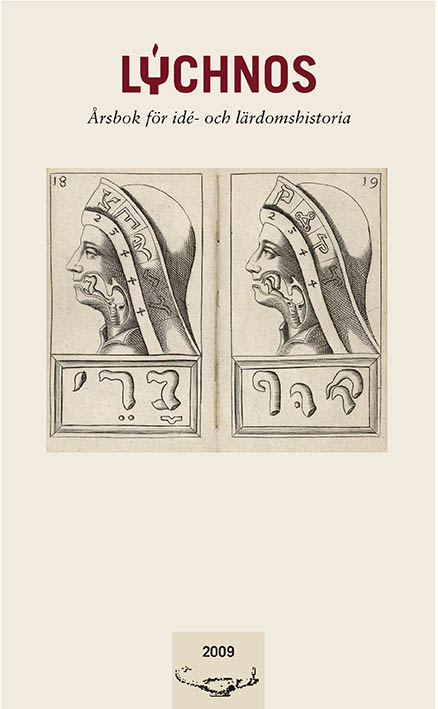En ros är en ros är en ros
Konstruktionen av nordisk kvinno- och genusforskning
Abstract
Gertrud Stein’s witty expression ”A rose is a rose is a rose” suits well to cast a light on how images of the Nordic area was created and functioned in Women’s and Gender Studies in the Nordic countries (Denmark, Norway, Sweden, Finland, Iceland and the Faroe Islands) during the first dynamic years, from the late 1970s until 1990. The Nordic area was to a large extent regarded as a suitable framework to work within, largely for historical and feminist reasons. Besides its strategical advantages, the meaning of ”the Nordic area” was by and large unproblematized in terms of its cognitive and political content. The article focuses on the feminist and scholarly space which Women’s Studies carved out in Academia, mobilizing hundreds of scholars, students and others into supporting its aims: to develop and establish a new critical field of research in order to improve women’s conditions and put an end to women’s oppression.
The article makes a tentative analysis of the space which Women’s Studies constituted, focusing on explicit discussions of ”the Nordic area” and actions taking place under its label, as well as the notable lack of problematization of the very meaning of this area as a shared cultural and historical community. Particular attention is paid to what happened when gender as a category for analysis was introduced in the 1980s and the implications of the absence of lesbian studies. Attention is also paid to efforts made to raise internal discussions regarding theoretical canonization, as well as the lack of studies of same-sex relations, heterosexuality as a social norm, and ethnicity. Today, debates about such issues are more common and also heated, often within debates about the usefulness of perspectives from intersectional points of view, queer theory and postcolonial studies. Present debates show that the field has undergone large changes and become diversified, both regarding theory and whose voices are to be heard within feminist spaces.
Downloads
Publicerad
Nummer
Sektion
Licens
This work is licensed under a Creative Commons Attribution 4.0 International License. The copyright for the work published in Lychnos remains with the authors.


